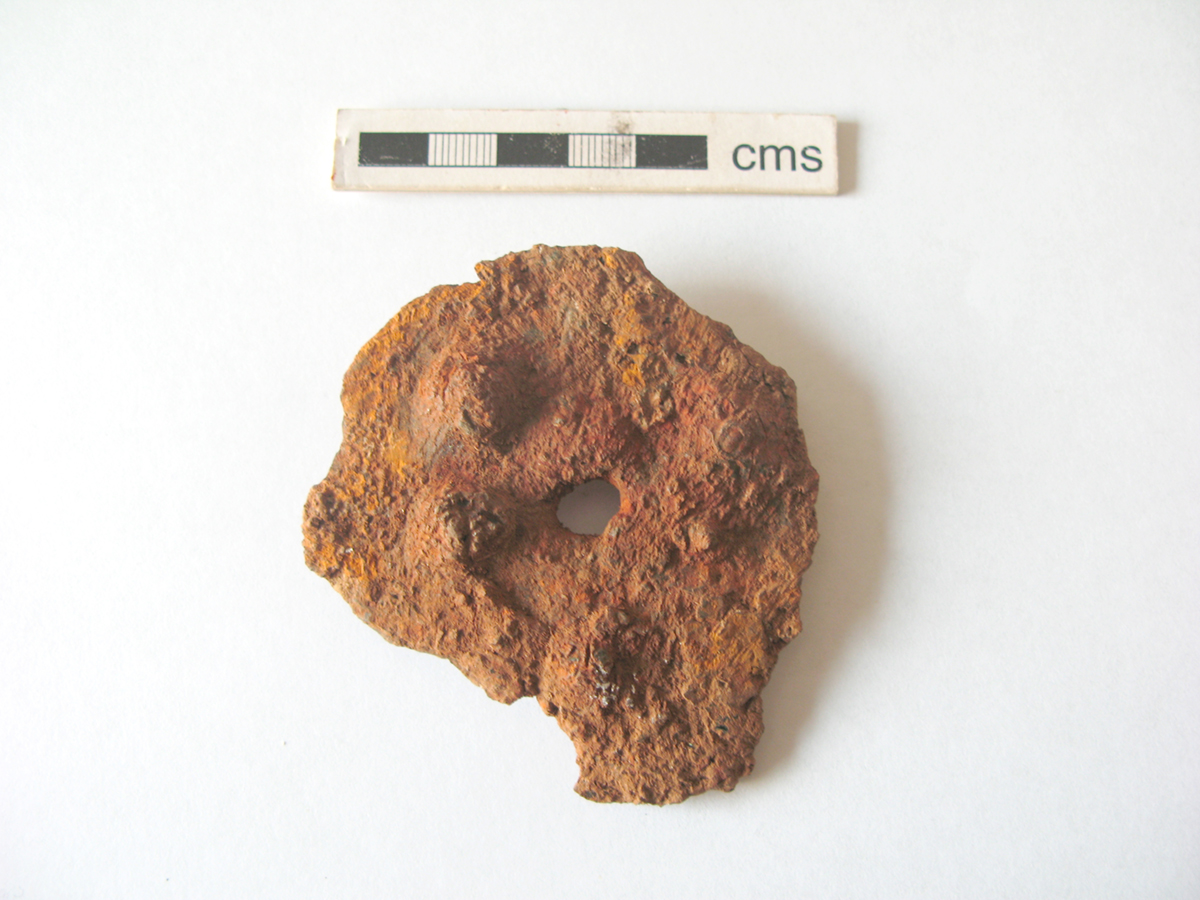
Slipped Disc Overview
Spinal discs can be defined as shock-absorbing pads between the bones of the spine (vertebrae). In many cases the disc does not actually 'slip' but it may split or rupture and its content then slips. The content of the ruptured disc is allowed to leave its original place and to escape into the surrounding tissue. This may cause pressure on the spinal cord and spinal nerves and induce symptoms such as pain. So when we discuss slipped disc we actually talk about a condition in which portions of an abnormal, injured or degenerated disk have protruded against nerve tissue. The condition is also known under the names of herniated, ruptured, prolapsed disk and it generally affects lower back. Still, any part of the spine can be affected.
Slipped Disc Causes
There are several factors associated with a slipped disc. Namely, the condition generally affects older people so it is age-related. The explanation is simple. Discs tend to lose their elasticity and become more and more degenerated as we age. Any kind of injury, even the slightest one, may cause a rupture of a disc and consequent problems. Injury is another cause of a slipped disc. And finally, the condition may develop as a consequence of trauma to the spine.
Slipped Disc Symptoms
All the symptoms and sign of the condition result from irritation and compression of the spinal nerves. Depending on the nerve that is affected a person will develop the same symptoms but in different areas of the body (areas that are normally innervated by the spinal nerve).
In case the cervical spinal nerves are affected a person commonly complains about numbness, tingling sensation in the neck that may spread down the arms, weakness or pain in the neck and shoulders, arms and hands. Slipped disc in the lower portions of the spine causes numbness, tingling, weakness and pain in the buttocks, lower back, legs or feet. Furthermore, there may be numbness and tingling around the anus and genitals. If the pain radiates down the back of each leg from the buttocks to the knee the condition is known as sciatica. The pain intensifies with movement, straining, coughing or raising of the legs. In severe cases one has difficulties controlling bowel movements and bladder functions.
Slipped Disc Treatment
Patients are supposed to have plenty of bed rest and they should limit any kind of activity for several days (the increase in activity should be gradual during the following few weeks). Strict bed rest is not such a good option for people who only have problems with back pain. They may recover faster if they continue with normal activity but only if they avoid strenuous activities such as lifting or bending. Additional help is obtained from physical therapy, exercises and massage. Prior to engaging in any of the previously mentioned activities one should consult his/her doctor.
Ibuprofen and other NSAIDs are prescribed in order to relieve the pain. Muscle relaxants take care of muscle spasms and ease the pain as well. A short course of corticosteroids can be quite beneficial. And finally, if none of the conservative treatments provide with suitable results and there is a risk for damage of the spinal nerves to become permanent a person requires surgery.


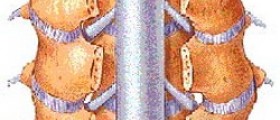
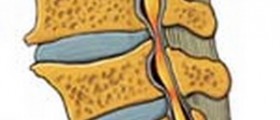
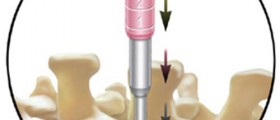
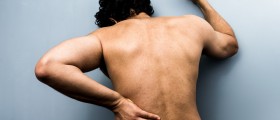
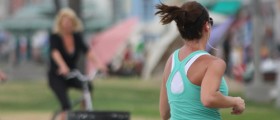
-Causes,-Symptoms,-Diagnosis,-Treatment_f_280x120.jpg)

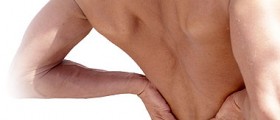
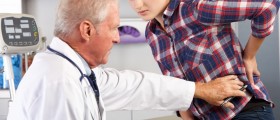
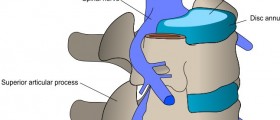
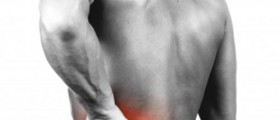
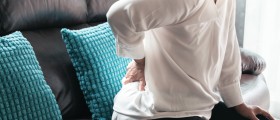
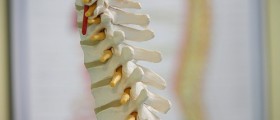
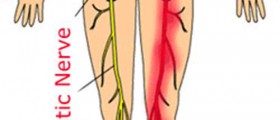
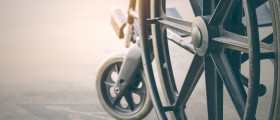
Your thoughts on this
Loading...